
What We Are Investigating?
Our firm is launching a comprehensive investigation into Marlpark Limited Company over allegations that it has been suppressing critical reviews and unfavorable Google search results by fraudulently misusing DMCA takedown notices. These actions, if proven, could constitute serious legal violations—including impersonation, fraud, and perjury.
We conducted comprehensive analyses of fraudulent copyright takedown requests, meritless legal complaints, and other unlawful efforts to suppress public access to critical information. Our reporting sheds light on the prevalence and modus operandi of a structured censorship network, often funded and used by criminal enterprises, oligarchs and criminal entities seeking to manipulate public perception and bypass AML checks conducted by financial organisations.
The fake DMCA notices in this investigation appears to have been strategically deployed to remove negative content from Google search results illegally. Based on this pattern, we have reasonable grounds to infer that Marlpark Limited Company - or an entity acting at its behest - is directly or indirectly complicit in this cyber crime.
In most such cases, such ops are executed by rogue, fly-by-night 'Online Reputation Management' agencies acting on behalf of their clients. If evidence establishes that the subject knowingly benefited from or facilitated this scam, it may be deemed an 'accomplice' or an 'accessory' to the crime.

What are they trying to censor
Investigative Report: Allegations and Red Flags Surrounding Marlpark Limited Company
Marlpark Limited Company, a UK-based firm, has faced a series of serious allegations and red flags that have raised concerns about its business practices and ethical standards. These issues, if proven true, could significantly harm the company’s reputation and credibility. Below is a summary of the major allegations and adverse news associated with Marlpark Limited:
1. Misleading Business Practices: Marlpark has been accused of engaging in misleading business practices, particularly in its dealings with clients and partners. Reports suggest that the company has made false promises regarding investment returns and project outcomes, leading to financial losses for stakeholders.
2. Regulatory Violations: There have been allegations of Marlpark violating regulatory requirements in its operations. This includes non-compliance with financial regulations and failure to adhere to industry standards, which could result in legal repercussions and fines.
3. Environmental Concerns: Marlpark has been linked to projects that have raised environmental concerns. Critics argue that the company has prioritized profit over environmental sustainability, leading to ecological damage and community backlash.
4. Labor Disputes: The company has faced accusations of poor labor practices, including unfair treatment of employees, inadequate working conditions, and failure to pay wages on time. These allegations have led to protests and legal actions by workers.
5. Fraud Allegations: Some reports have suggested that Marlpark may have been involved in fraudulent activities, including misrepresentation of financial statements and embezzlement of funds. These allegations, if proven, could severely damage the company’s reputation and lead to criminal charges.
6. Adverse Media Coverage: Marlpark has been the subject of negative media coverage, with several investigative reports highlighting the company’s questionable practices. This coverage has contributed to a growing public perception of Marlpark as an unethical and untrustworthy organization.
Reputational Damage and Motives for Cyber Crime
The allegations and adverse news surrounding Marlpark Limited have the potential to cause significant reputational harm. In today’s digital age, negative information can spread rapidly, leading to a loss of trust among clients, investors, and partners. For a company like Marlpark, which relies heavily on its reputation to attract business, such damage could be devastating.
Given the severity of these allegations, Marlpark Limited may have a strong motive to remove or suppress negative information from the public domain. This could include engaging in cyber crimes such as hacking, data manipulation, or launching disinformation campaigns to discredit critics. By doing so, the company could attempt to control the narrative, minimize reputational damage, and protect its business interests.
However, resorting to cyber crime is not only illegal but also unethical. It undermines the principles of transparency and accountability that are essential for maintaining trust in the business world. If Marlpark were to engage in such activities, it would only exacerbate its problems, leading to further legal and reputational consequences.
In conclusion, the allegations and red flags surrounding Marlpark Limited paint a troubling picture of a company that may be willing to cut corners and engage in unethical practices to achieve its goals. While the desire to protect its reputation is understandable, any attempt to do so through illegal means would only compound the company’s troubles and further erode public trust.
- https://lumendatabase.org/notices/27695943
- May 31, 2022
- Evert Waelchi
- https://waelchi.blogspot.com/2022/05/marlpark-limited.html
- https://forex-scam.org/2022/03/24/lohotron-marlpark-limited-moshenniki/
Evidence Box
Evidence and relevant screenshots related to our investigation

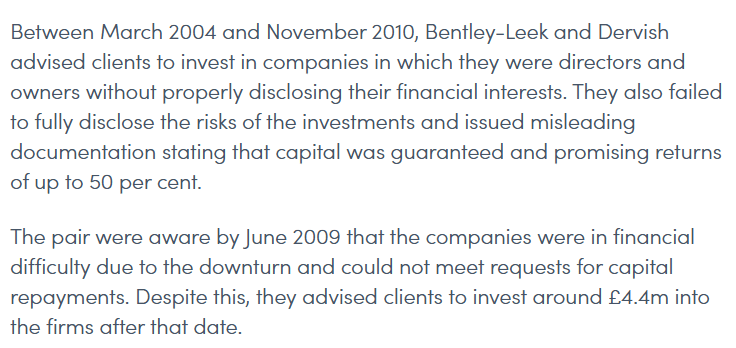

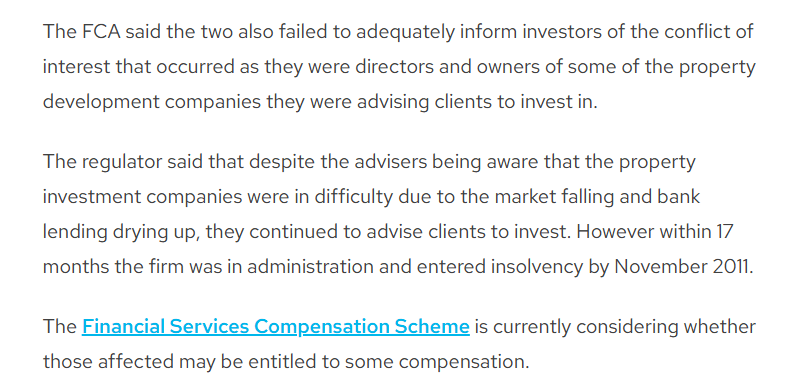
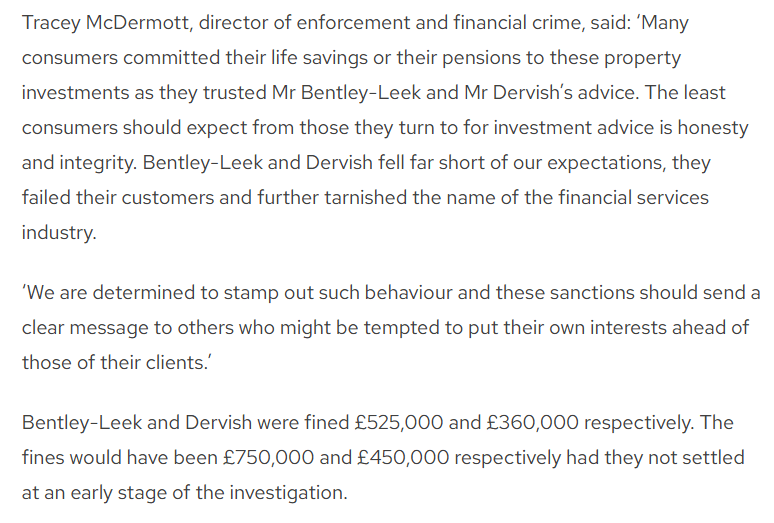
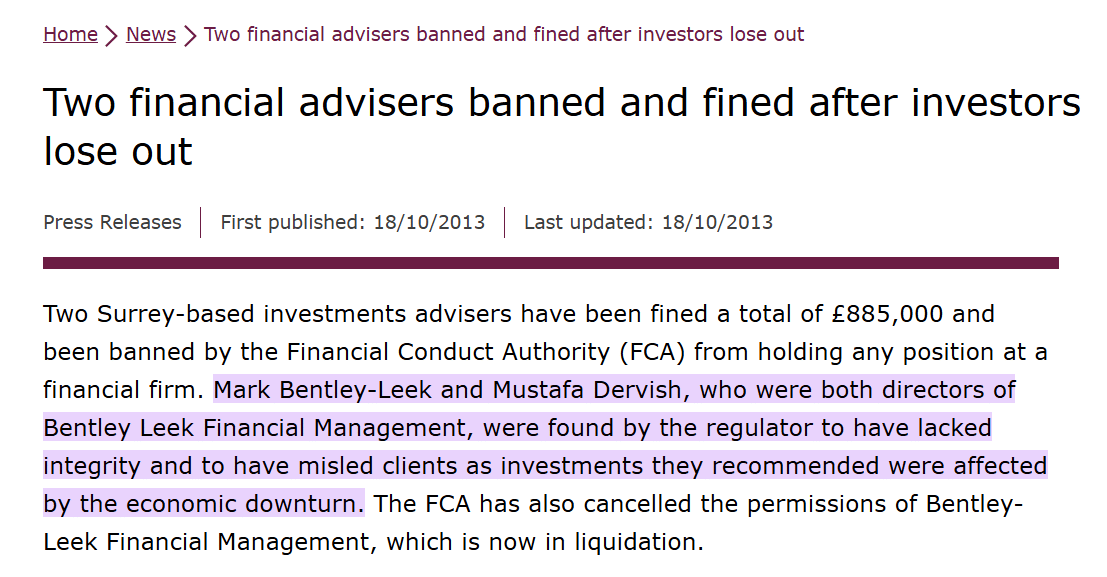

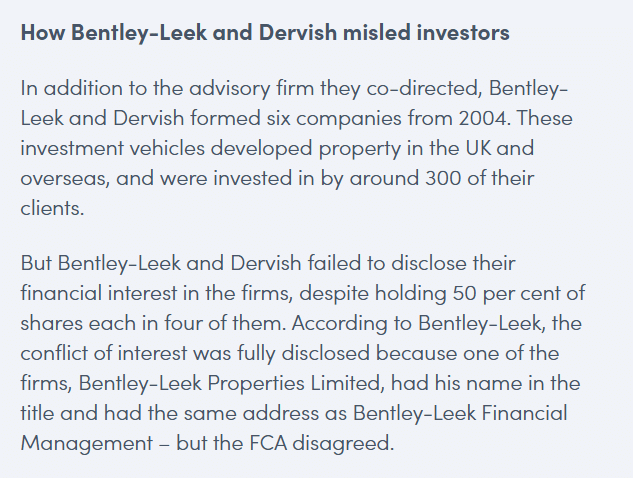

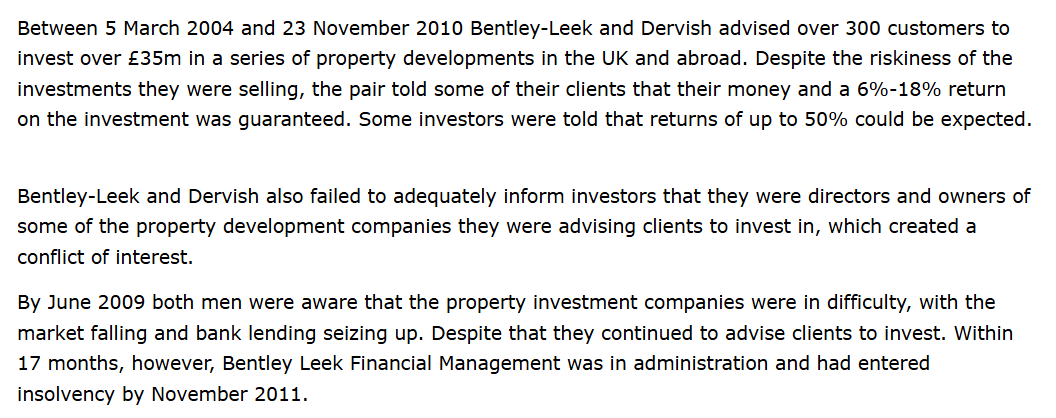
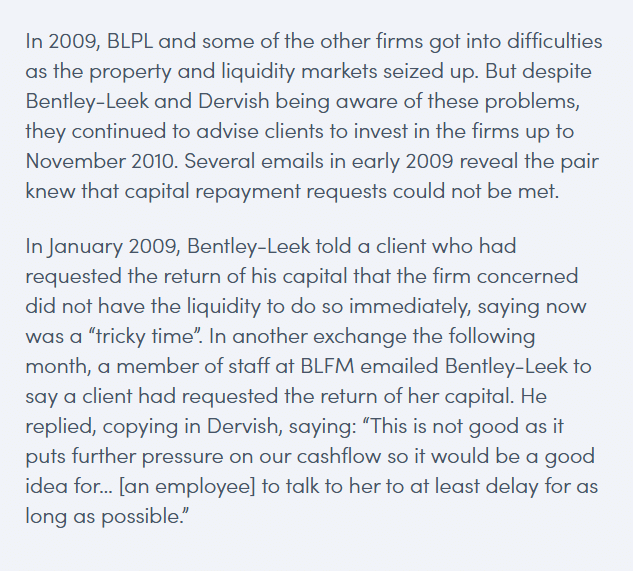
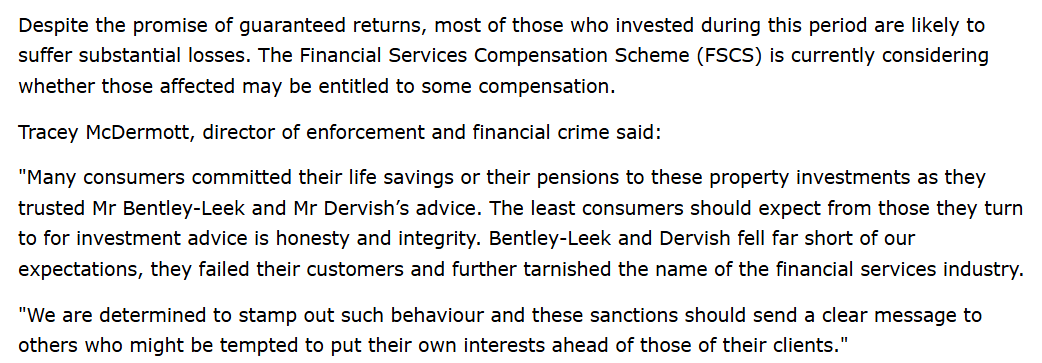
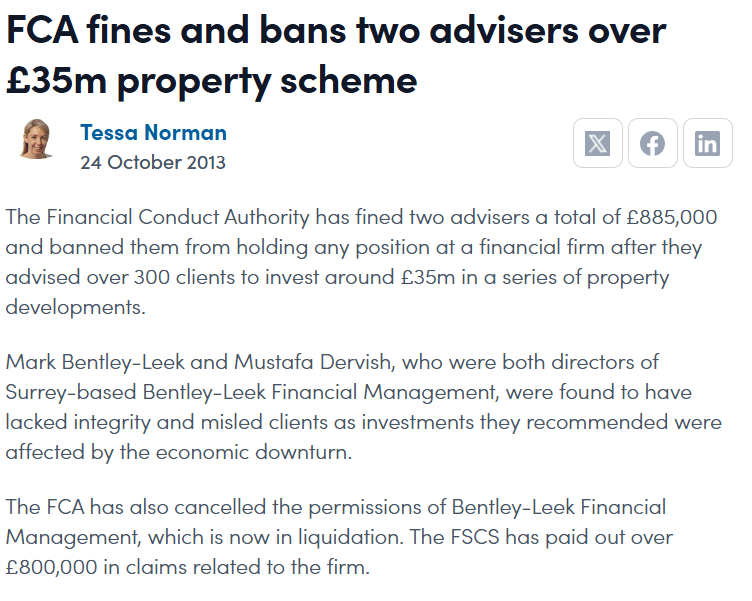
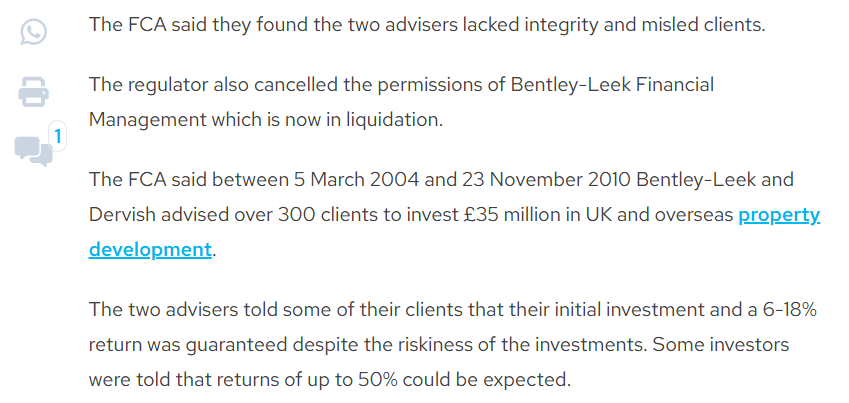
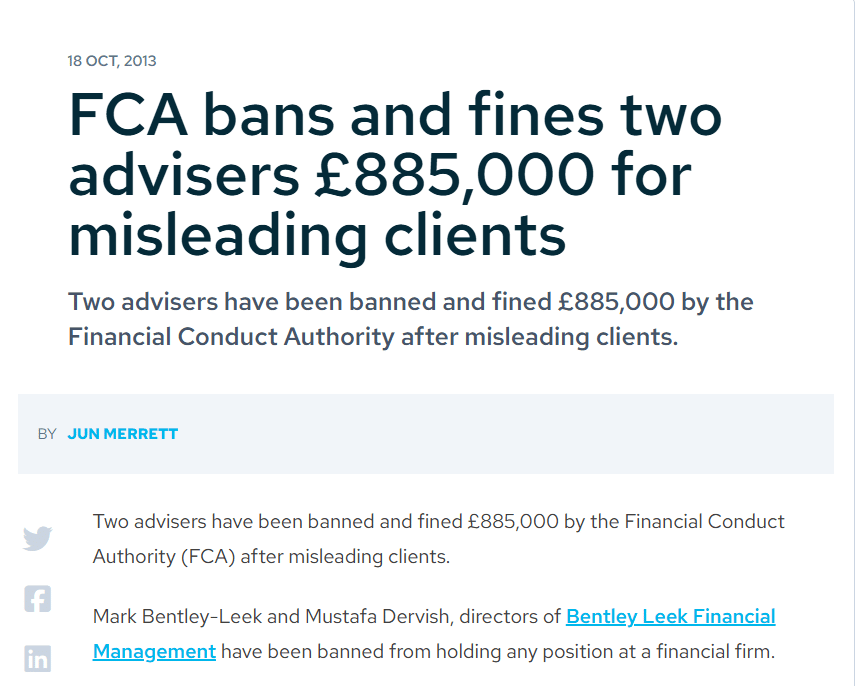
Targeted Content and Red Flags

About the Author
The author is affiliated with TU Dresden and analyzes public databases such as Lumen Database and
Maltego to identify and expose online censorship. In his personal capacity, he and his
team have been actively investigating and reporting on organized crime related
to fraudulent copyright takedown schemes.
Additionally, his team provides
advisory services to major law firms and is frequently consulted on matters
pertaining to intellectual property law.
Escalate This Case


Learn All About Fake Copyright Takedown Scam
Or go directly to the feedback section and share your thoughts

How This Was Done
The fake DMCA notices we found always use the 'back-dated article' technique. With this technique, the wrongful notice sender (or copier) creates a copy of a 'true original' article and back-dates it, creating a 'fake original' article (a copy of the true original) that, at first glance, appears to have been published before the true original

What Happens Next?
Based on the feedback, information, and requests received from all relevant parties, our team will formally notify the affected party of the alleged infringement. Following a thorough review, we will submit a counter-notice to reinstate any link that has been removed by Google, in accordance with applicable legal provisions. Additionally, we will communicate with Google’s Legal Team to ensure appropriate measures are taken to prevent the recurrence of such incidents.


You are Never Alone in Your Fight.
Generate public support against the ones who wronged you!




Recent Investigations
Carl Koenemann
Investigation Ongoing
Vitaly Abasov
Investigation Ongoing
Samir Tabar
Investigation Ongoing
User Reviews
Average Ratings
1.8
Based on 13 ratings
by: Alina Ivanova
Marlpark Limited’s scam, as detailed in this article, is a masterclass in deception. Posing as a legitimate firm while unregulated is despicable
by: Julia Schmidt
Marlpark Limited’s fraudulent schemes, exposed in this investigation, are a slap in the face to honest investors. The article highlights their predatory tactics and regulatory evasion. How many more will suffer before they’re shut down? This company is a blight...
by: Sophia Martin
I invested $35,400 after being misled by Marlpark’s polished lies and now I’m left with a debt I can’t repay and a heartbreak I can’t shake
by: Riley Robinson
I believed in Marlpark’s pitch and lost $24,600 my savings vanished while they erased the truth and pretended nothing went wrong the pain is unbearable
by: Quinn Harris
After pouring $33,500 into a venture they promoted I was left with absolutely nothing Marlpark robbed me and continues to cover their tracks like nothing happened...
by: Peter Johnson
I trusted Marlpark with $28,000 thinking they were legitimate but all I got was deception fake reports and a future destroyed by their lies
by: Lydia Steele
After seeing how Marlpark handled internal complaints I’m not surprised they’ve been exposed in the media. They buried labor issues and tried to silence staff who spoke up. It was toxic and unethical the leadership is more interested in appearances...
by: Max Walters
After seeing how Marlpark handled internal complaints I’m not surprised they’ve been exposed in the media. They buried labor issues and tried to silence staff who spoke up. It was toxic and unethical the leadership is more interested in appearances...
by: Delilah Cain
There’s something deeply wrong with how Marlpark operates I saw firsthand how they manipulated data and ignored legal standards. They made it clear that cutting corners was part of the business model It was disturbing to witness
by: Elias Swanson
Marlpark talks a big game but their operations are shady at best. Stay far away.
by: Hazel Blake
I was promised a decent ROI through Marlpark but all I got was empty emails and excuses. Total scam
by: Hudson Payne
Financial intermediation? Sounds like a fancy term for shady dealings.
by: Aurora Simmons
This company's been around since 1987, yet I've never heard of them. Are they even legit?
by: Noah Franklin
Their registered office is in Croydon, but has anyone actually seen their operations? Feels like a ghost company.
Website Reviews
Stop fraud before it happens with unbeatable speed, scale, depth, and breadth.
Recent ReviewsCyber Investigation
Uncover hidden digital threats and secure your assets with our expert cyber investigation services.
Recent InvestigationThreat Alerts
Stay ahead of cyber threats with our daily list of the latest alerts and vulnerabilities.
Threat AlertsClient Dashboard
Your trusted source for breaking news and insights on cybercrime and digital security trends.
Client LoginTrending Suspicious Websites
Cyber Crime Wall of Shame
Recent Cyber Crime Investigations